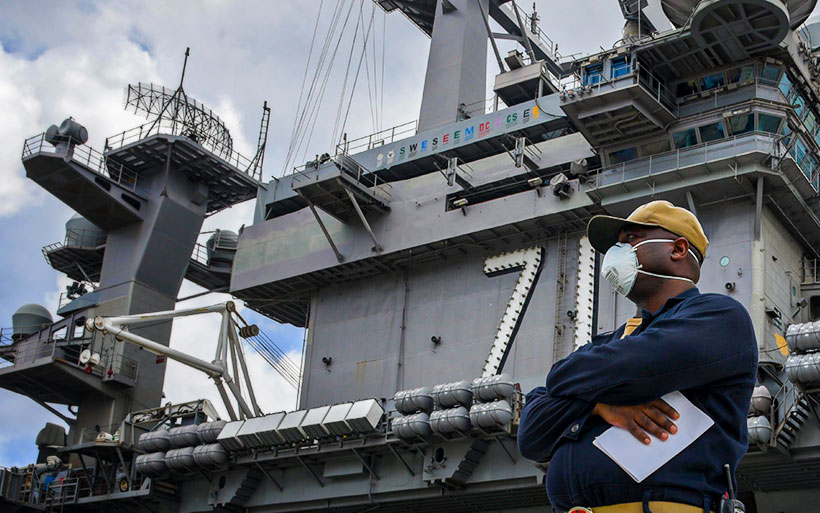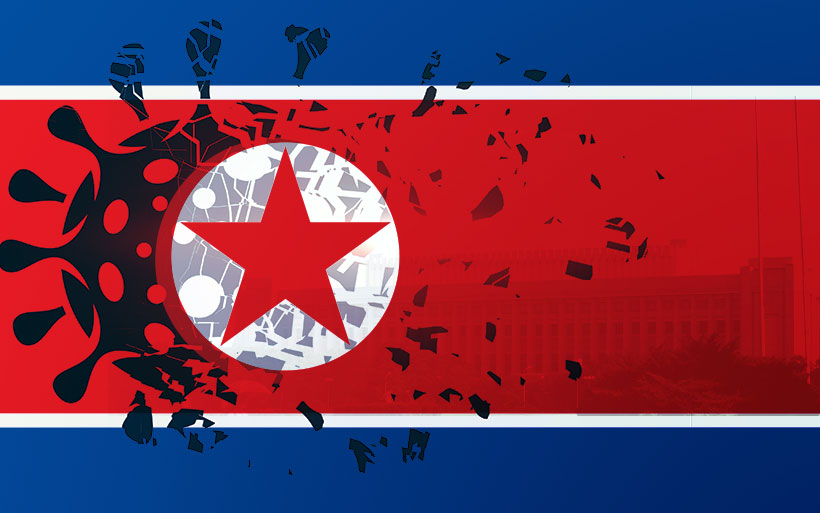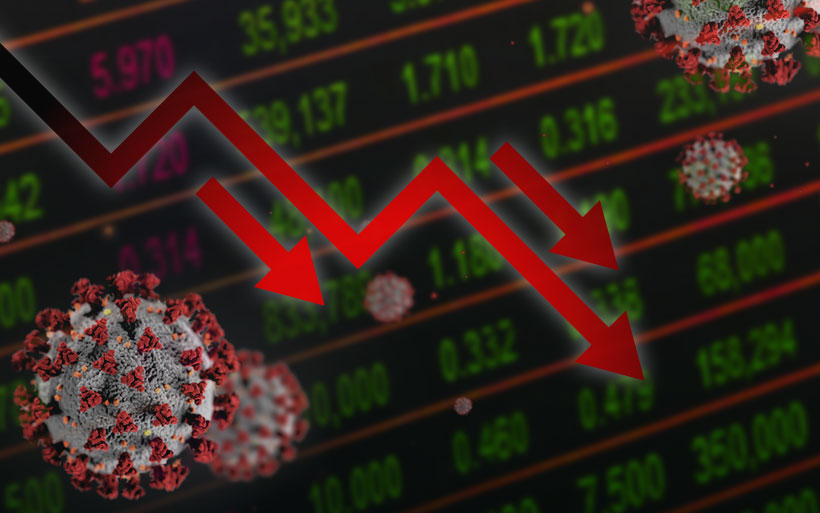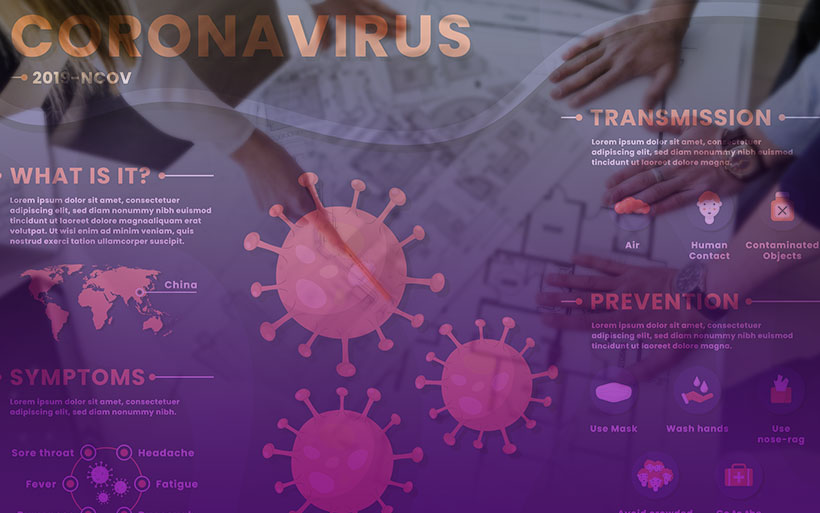COVID-19 Healthcare Workers: 70% are Women
“COVID-19 Healthcare Workers: 70% are Women” is a new paper authored by Dr. Inez Miyamoto for Security Nexus. In this paper, Dr. Miyamoto highlights the need for research to understand the challenges healthcare workers face from a gendered perspective to better respond to pandemics. Excerpt: “Healthcare workers are suffering from elevated stress levels not only from exhaustion and loss of life, but from also having to make painful, ethical decisions on patient care in an environment of constant shortages. In a study of healthcare workers in China, more women experienced more severe symptoms of depression, anxiety, and distrust than did men." [...]















